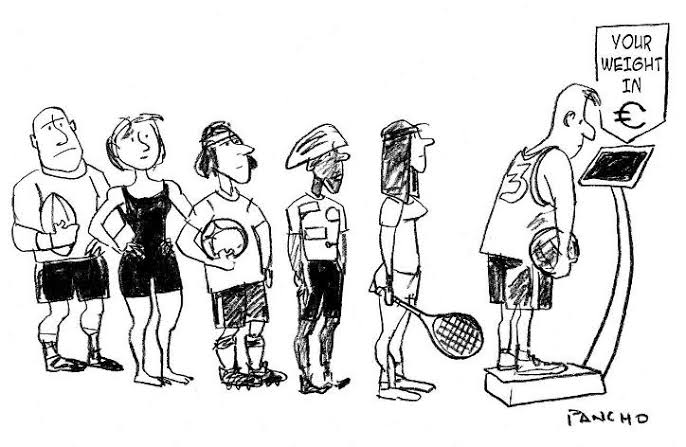The Impact of Sports on Society
Introduction
Sports play a significant role in society, transcending cultural, social, and geographical boundaries. Sports have the power to bring people together, foster community, and promote social cohesion. However, sports can also perpetuate divisions, such as through issues of race, gender, and nationality. In this exploration, we delve into the impact of sports on society, examining how they can both unite and divide people.
1. Sports as a Unifying Force
Sports have the ability to bring people together and foster a sense of community. Through shared passion and loyalty for a team, sports can bridge social and cultural differences, creating a sense of camaraderie among fans. Sports events, such as the Olympics or World Cup, can also promote international understanding and goodwill, as athletes from different countries come together to compete. Additionally, sports can serve as a platform for promoting positive social change, such as raising awareness for social issues or promoting inclusivity and diversity in sports.
2. Sports and Divisions
While sports can be unifying, they can also perpetuate divisions in society. Issues such as race, gender, and nationality can become prominent in sports, reflecting and sometimes reinforcing existing societal inequalities. For example, discrimination and bias can occur in sports, with athletes facing challenges based on their race, gender, or nationality. Additionally, rivalries between teams or fan bases can sometimes escalate into negative behaviors, such as violence or discrimination. The commercialization and commodification of sports can also exacerbate disparities, with financial resources playing a significant role in access to opportunities and success in sports.
3. Role of Sports in Culture
Sports are deeply embedded in culture and can reflect societal values, norms, and traditions. Sports can be a source of identity and pride for communities, with teams often representing a city, region, or country. They can also serve as a form of entertainment and escapism, providing a source of joy and excitement for fans. Moreover, sports can influence popular culture, shaping fashion, music, and language. Athletes can become cultural icons, with their achievements celebrated and emulated by society.
Conclusion
Sports have a significant impact on society, both as a unifying force and as a source of division. They play a crucial role in culture, reflecting societal values and influencing popular culture. Understanding the impact of sports on society is important for addressing issues such as social inequalities, promoting inclusivity, and leveraging the positive potential of sports to bring people together and create positive change in communities.




